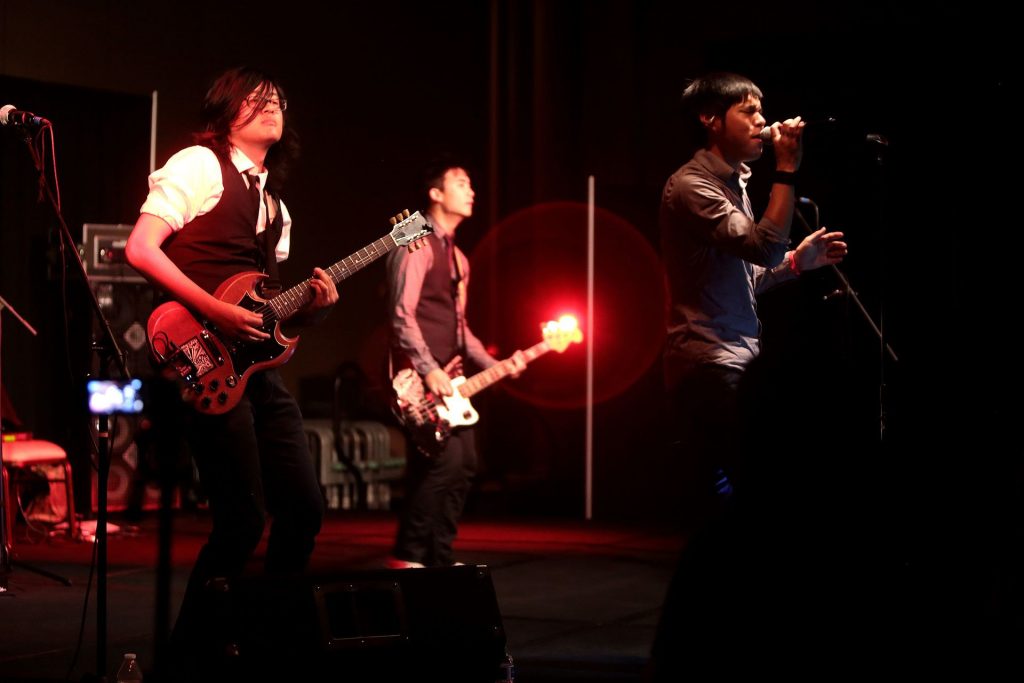
Wednesday, December 9
Historians will have a hard time explaining the Era of Trump. After all, he’s hardly William Jennings Bryan, able to hold a crowd spellbound with soaring rhetoric that addresses the crowd’s grievances. Hell, he’s a far cry from even being Huey Long.
So how did Trump, a New York City playboy and real estate swindler, win the fervent backing of so many rural and Midwestern working-class voters? At this point, it only matters because there are sure to be many would-be Trumps vying to pull off the same act in the future.
Just ask MAGA crowd members why they like Trump, and you’ll hear something to the effect of: He tells it like it is.
But in the face of so many Trump lies (20,000, according to a Washington Post tally), misrepresentations, and bits of disinformation, who could actually believe that? Only people who choose to avert their eyes from reality. Only people for whom things other than absolute accuracy are what really matters. Maybe people subjected to decades of talk-radio conspiracy-mongering.
[Ted Cruz’s father really was involved in the Kennedy assassination, you know.]
It seems like the phenomenon calls more than ever for psycho-historians.
For my part, I think Trump’s popularity boils down to three or four matters: his unvarying pissed-off attitude, his considerable notoriety thanks to his TV shows, and the clear disapproval of educated, somewhat privileged people.
He is the victim-in-chief, addressing the legions of those who feel they’ve been swindled in the big three-card-monte game of life.
“We’re all victims,” he recently told the crowd at a Georgia rally. Everybody there should wallow in their victimization—with special emphasis on Trump’s loss of the RIGGED election.
Then he adds a side order of racism and sexism—something the white masses know they shouldn’t approve of but they secretly do.
That friend who used to laugh at something racist that the likes of Andrew Dice Clay might say, or maybe a grotesquely vulgar comment about women— such a person might think: well, I could never say such things out loud…but you know, it’s true!
Get a half-dozen such people together and you’re on your way toward a MAGA rally.
To be honest, one strand of American comedy has contributed as well. Think about how, over the decades, comedians from Lenny Bruce to George Carlin to Chris Rock have pushed the boundaries about what may be said in public and laughed at. As a result, the very definition of what is vulgar or taboo has shifted. The American public, which once blushed at the mere mention of brassieres, divorce, or toilet paper, has been desensitized.
So when Trump mocks a disabled news reporter or says something profane about women…well it’s crude but, hey, he’s got a point….
Dinner: grilled eggplant with tomato sauce and parmesan, and a fresh mozzarella and tomatoes salad with balsamic vinaigrette.
Entertainment: Another episode of The Queen’s Gambit on Netflix.

